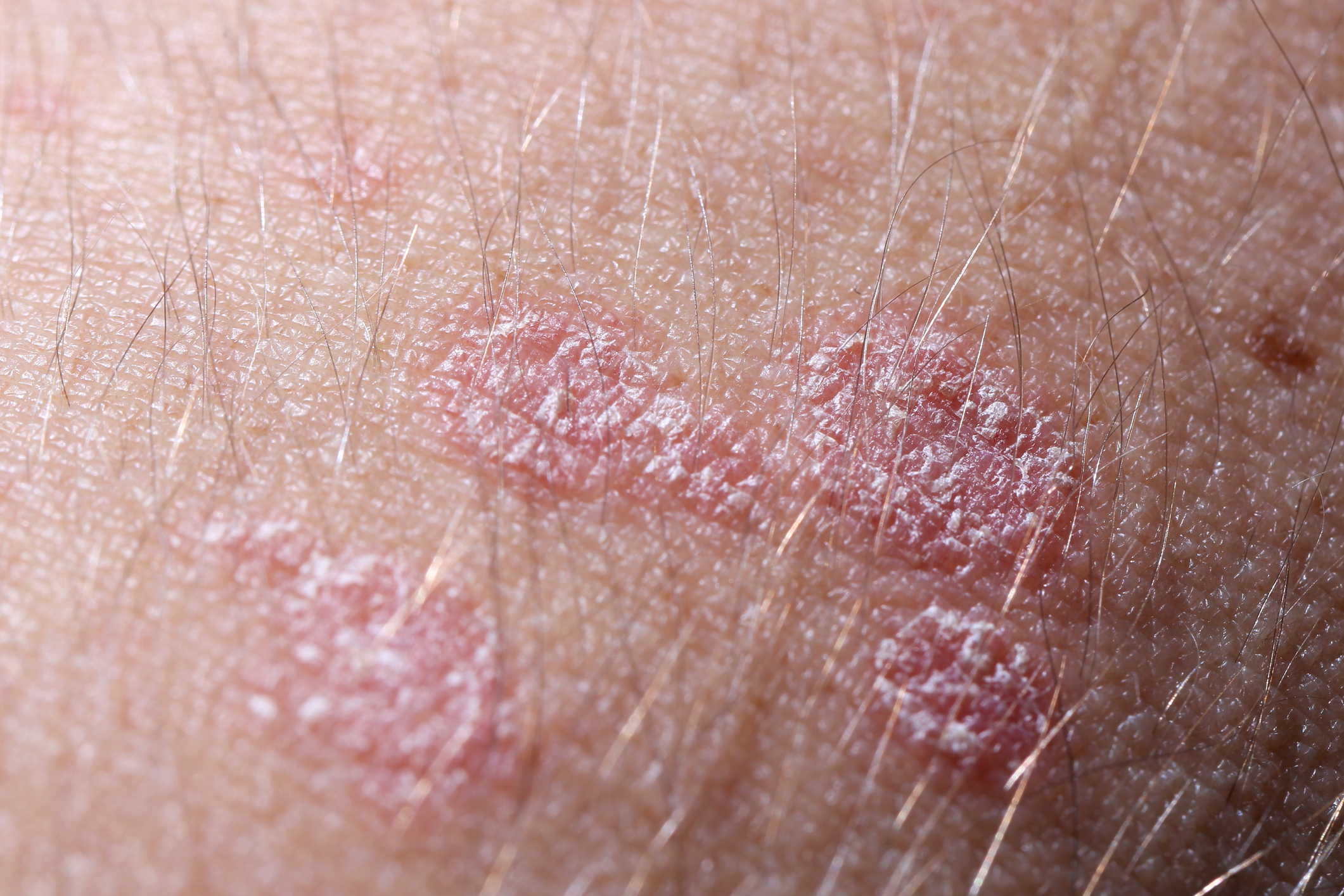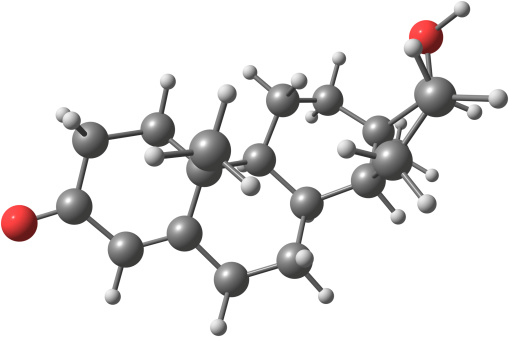Enlarged prostate complications: urinary retention, hematuria, bladder stones, and urinary tract infections
Benign prostatic hyperplasia (BPH) is a non-cancerous enlargement of the prostate. There are two prostate growth periods: one during early puberty and another around the age of 25. As it grows, the gland can press and pinch the urethra, and the bladder walls thicken. Over time, the bladder can become weaker and lose its ability ...click here to read more














